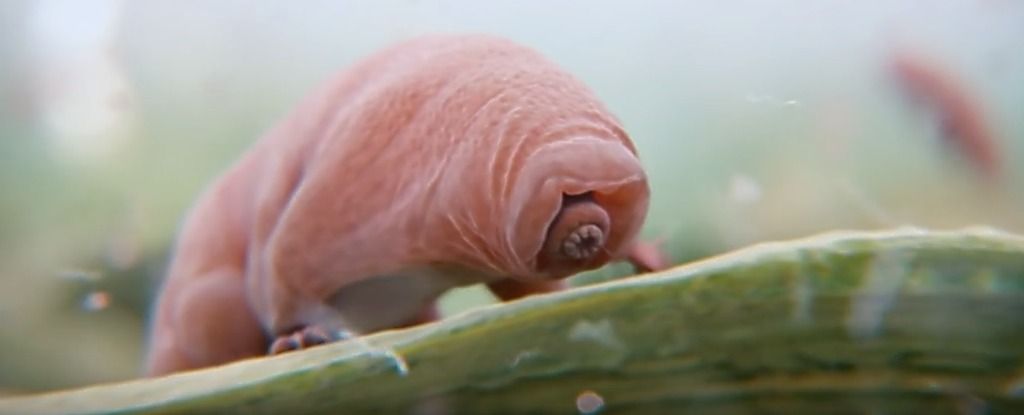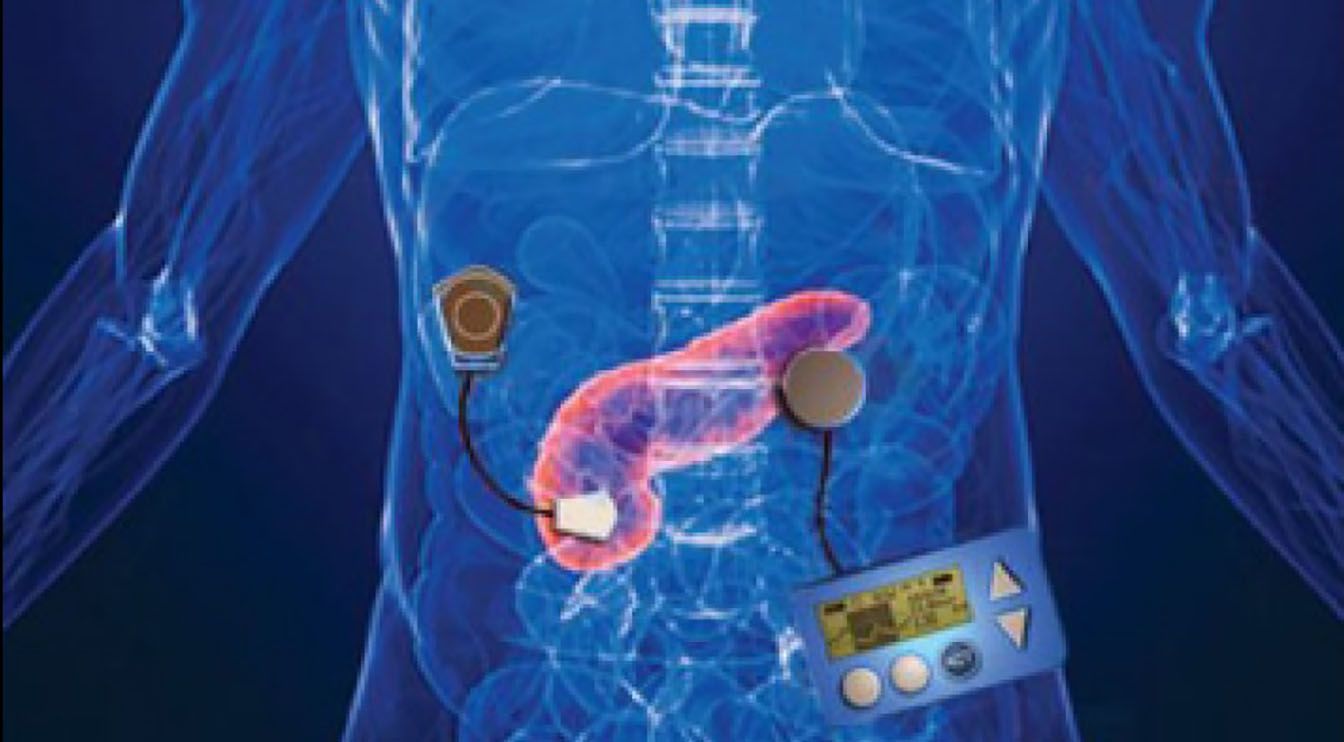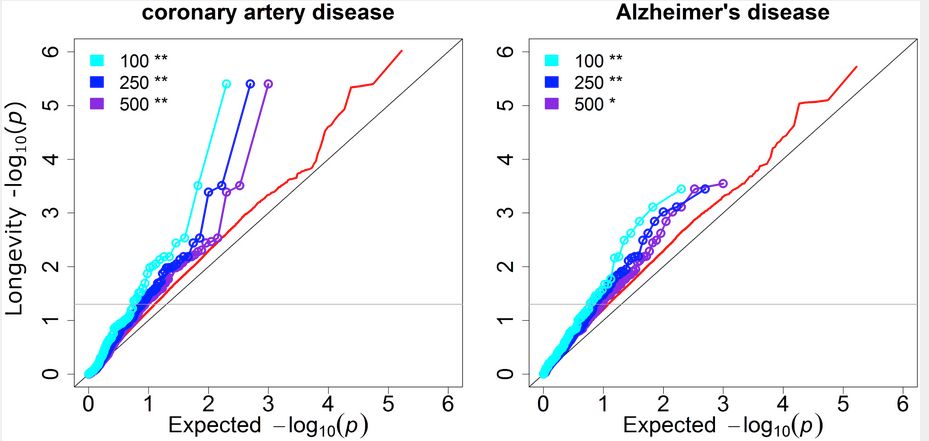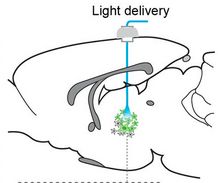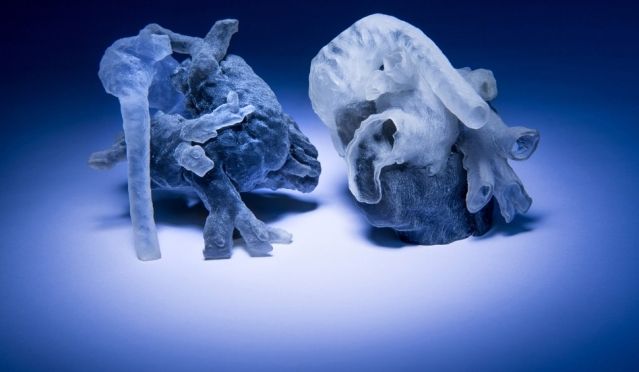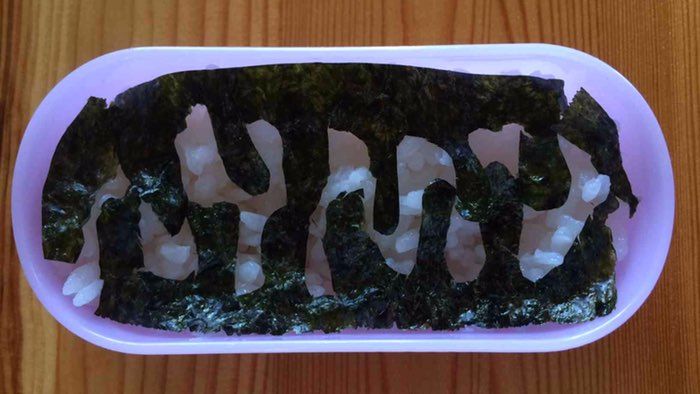Dec 26, 2015
Water bears turn into glass when they dry out
Posted by Matthew White in categories: biotech/medical, food, space
Tardigrades — known affectionately as water bears or moss piglets — have pretty much got it all. These microscopic invertebrates are capable of surviving the most extreme conditions you could dream up, including prolonged desiccation and near-100 percent water loss, freezing and boiling temperatures, intense ionising radiation, and the vacuum of outer space.
Scientists have discovered that to survive extreme desiccation, tardigardes produce a special type of ‘bioglass’ to hold essential proteins and molecules together until they’re rehydrated back to life. Now they’re figuring out how to use this mechanism to develop drought-resistant crops and longer-lasting vaccines.
Back in September, researchers from the University of Chicago announced that they’d discovered a new type of glass — one produced internally by the tardigrade during desiccation. While they’re yet to figure out exactly how the glass is formed, they concluded that it’s produced as a protective mechanism to ensure that tardigrades can survive losing pretty much all of the water in their cells.
